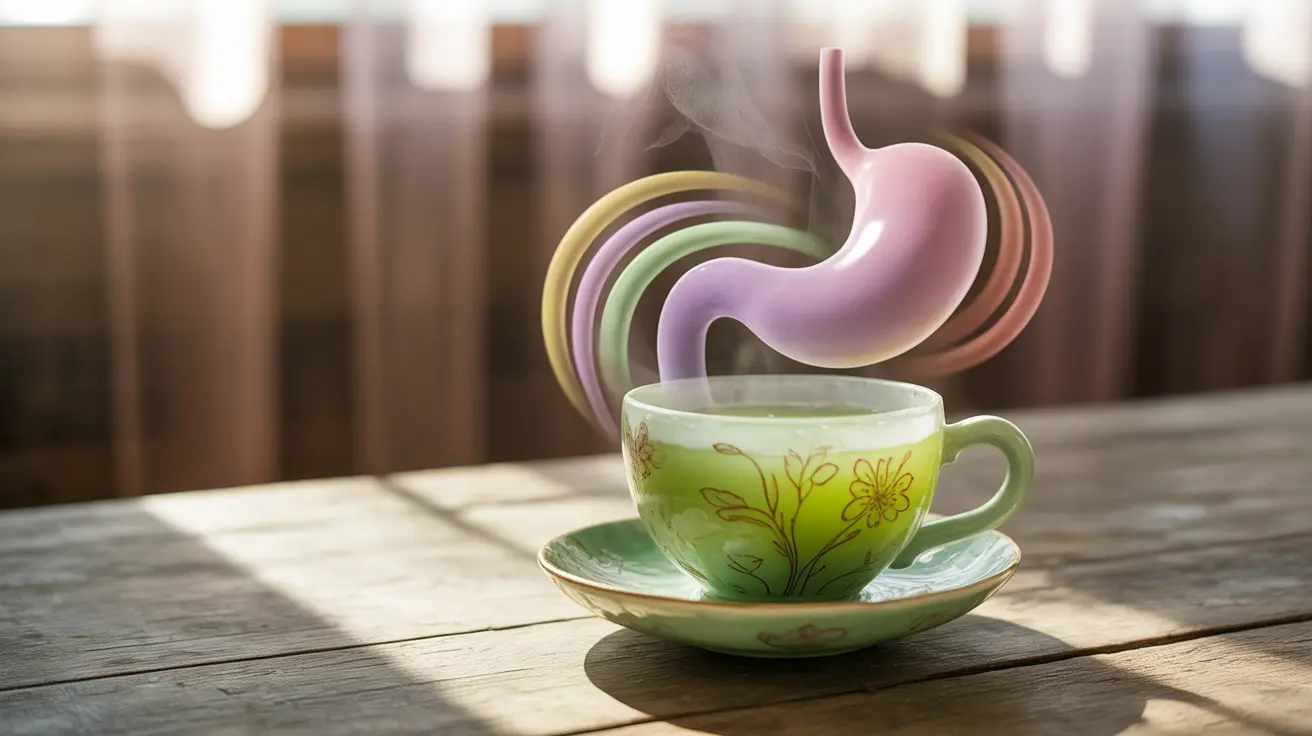Many people wonder about the relationship between green tea consumption and digestive health, particularly its effects on bowel movements. This natural beverage, beloved for its numerous health benefits, can indeed influence your digestive system in several important ways.
Understanding how green tea affects your bowel movements is crucial for making informed decisions about its consumption, especially if you're considering using it to support digestive health. Let's explore the science behind green tea's effects on digestion and bowel regularity.
How Green Tea Influences Digestion
Green tea contains several compounds that can affect your digestive system. The primary active ingredients include caffeine and various polyphenols, particularly catechins, which can stimulate muscle contractions in your digestive tract and influence bowel movements.
These natural compounds work together to:
- Stimulate muscle contractions in the intestines
- Increase fluid secretion in the gut
- Support healthy gut bacteria
- Aid in the breakdown of food
The Role of Caffeine
Caffeine, a natural stimulant in green tea, plays a significant role in promoting bowel movements. It works by:
- Increasing muscle contractions in your digestive system
- Promoting fluid and chloride secretion in the intestines
- Stimulating the gastrocolic reflex
- Enhancing overall gut motility
Potential Benefits for Digestive Health
Regular green tea consumption may offer several benefits for digestive health. The antioxidants and other beneficial compounds can help maintain healthy gut flora and support regular bowel movements without the harsh effects of traditional laxatives.
Moderation and Timing
While green tea can support digestive health, timing and amount matter. Many people find that drinking green tea in the morning or between meals provides the best results for promoting regular bowel movements without causing discomfort.
Possible Side Effects and Precautions
Although green tea is generally safe, excessive consumption may lead to unwanted effects such as:
- Stomach upset
- Loose stools
- Increased urination
- Jitteriness from caffeine
- Sleep disturbances if consumed late in the day
Frequently Asked Questions
Does drinking green tea help relieve constipation and make you poop more frequently?
Yes, green tea can help relieve constipation and promote more frequent bowel movements due to its caffeine content and other active compounds that stimulate digestive muscle contractions.
How does the caffeine in green tea affect bowel movements and digestive health?
Caffeine in green tea acts as a mild stimulant laxative, increasing intestinal muscle contractions and promoting fluid secretion, which can help facilitate regular bowel movements.
Can drinking too much green tea cause diarrhea or other digestive side effects?
Yes, excessive green tea consumption can lead to diarrhea, stomach upset, and other digestive issues due to its caffeine content and active compounds. It's important to consume it in moderation.
What is the difference between green tea and other teas like senna or cascara in terms of their laxative effects?
Green tea has a much milder effect on bowel movements compared to herbal laxative teas like senna or cascara. While green tea gently supports digestive health, senna and cascara are powerful natural laxatives that should be used with caution.
How much green tea should I drink to support regular bowel movements without causing digestive discomfort?
Most people can safely consume 2-3 cups of green tea daily to support regular bowel movements. Start with one cup and gradually increase to find your optimal amount while monitoring your body's response.
Remember to listen to your body and adjust your green tea consumption based on your individual response and needs. If you experience persistent digestive issues, consult with a healthcare provider for personalized advice.




